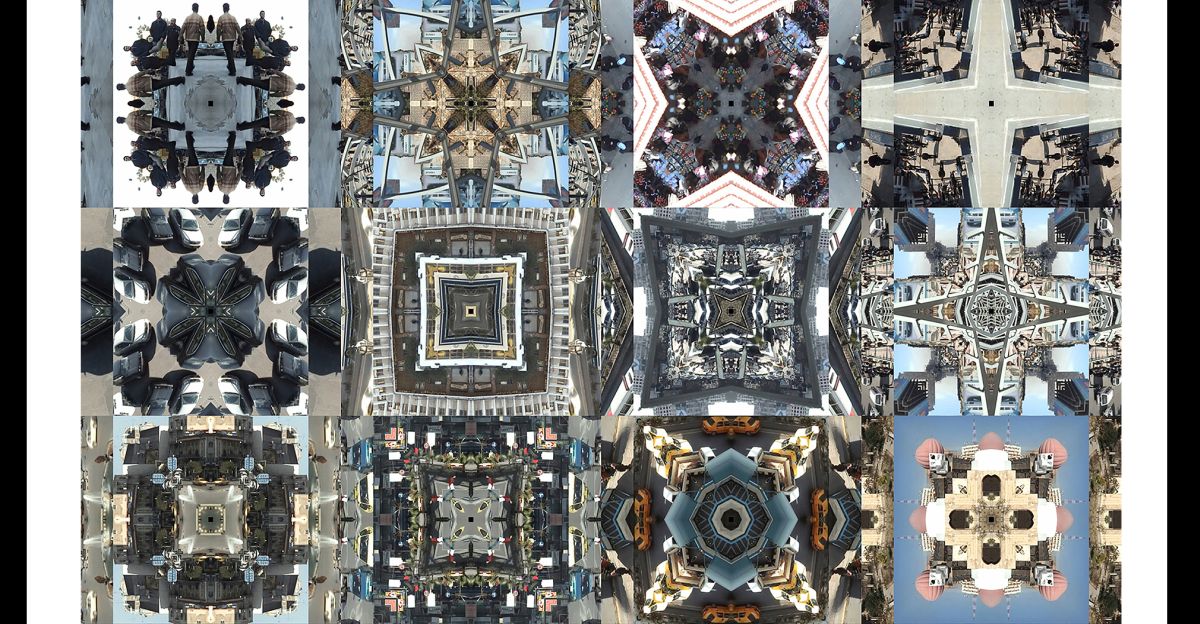As the editor for this autumn 2018 issue of Overland online, I read almost 450 stories. I had to think quite intently on which, in my opinion, four stories could represent the magazine Overland.
Why did I relate to the stories I chose? The stories stand out because they have characters with complex lives. They are struggling with adversity, but are alive to life. The stories are written in scenes, not long descriptive passages or discursive dialogue. These are narratives that go to the heart of the matter and arrive there from the first sentence. The writing has a voice, tone and a story arc. The language is simple. And definitely not too many adjectives and adverbs.
In a short story, where every word has to count, it is a waste of space to use descriptive words. Adjectives and adverbs can be imprecise. A word like ‘beautiful’ has a different interpretation for each reader. The author has to build an exact world and display it for the reader otherwise the author’s control over the narrative has been lost.
Don’t tell me something happened. The strongest stories were written as scenes, not descriptions about what the person was thinking or their background. Don’t tell me how the characters feel, show me what they were experiencing so that I can interpret the writing and feel it in my own way. It’s hard to do, especially when writing in the third person. But over the course of 450 stories, the best stories did it. Endings are important as well. Too often stories petered out. Not that I’m looking with all parts resolved. Some of the stories left the narrative unresolved but stopped at a point where the reader was equipped to imagine what might happen next.
The stories that I passed up on included those that I felt were too remote, too inauthentic – there was no real connection with the subject matter. Not that I am advocating that you can only ‘write about what you know’, more that if you want to explore a topic you need to work on your craft so you can do so with an insider’s sensibility.
Other reasons I found myself turning down stories: sexism; violence used only for stylistic effect; stories told in the voice of animals (this is a personal preference, of course); those that didn’t pass the Bechdel/Wallace Test ((1) the story has to have at least two named women in it, who (2) talk to each other, about (3) something besides a man); other genres that didn’t quite work – this is a difficult one to pinpoint, but often I was plonked down in alien landscape with no reference points.
The fresh setting in ‘The moping Irish’ by Claire Baxter immediately stood out – a training camp for cyclists in Belgium. The two main characters are women and the story illustrates competitive narcissism, the casual sexism and a pecking order that exploits power imbalances. The story is immediate, told scene by scene. By the end, the reader doesn’t have a definitive conclusion but a sense that this is the way of the world, the narrator is like a live beetle pinned to a board.
‘Muck’ by Melissa Manning is set on a hobby farm. The main character is non-gendered. The reader is addressed by the narrator; we are being told a story. It is a tale of catastrophe and loss. The narrator saves themselves with no thought of any other living creatures and lives to regret the loss of innocence.
Cameron Colwell’s ‘Eyes on Tim’ is an honest and heartfelt account of the confusion and excitement of coming of age and unrequited love. Again, though the characters are gendered, the experience of being eighteen and on the verge of sexual experience is not gender specific – anyone can relate to Tim’s night at the club.
Lastly, ‘Phosphorous’, by Sophie Overett, opens with the friction dialed high. Sabrina is holding a dinner party. Holly, her younger sister, is missing from the party. There’s drugs, jealousy, infidelities and a mother with a mental illness, all mixed into a heady tension. The toll on the two daughters is high.



